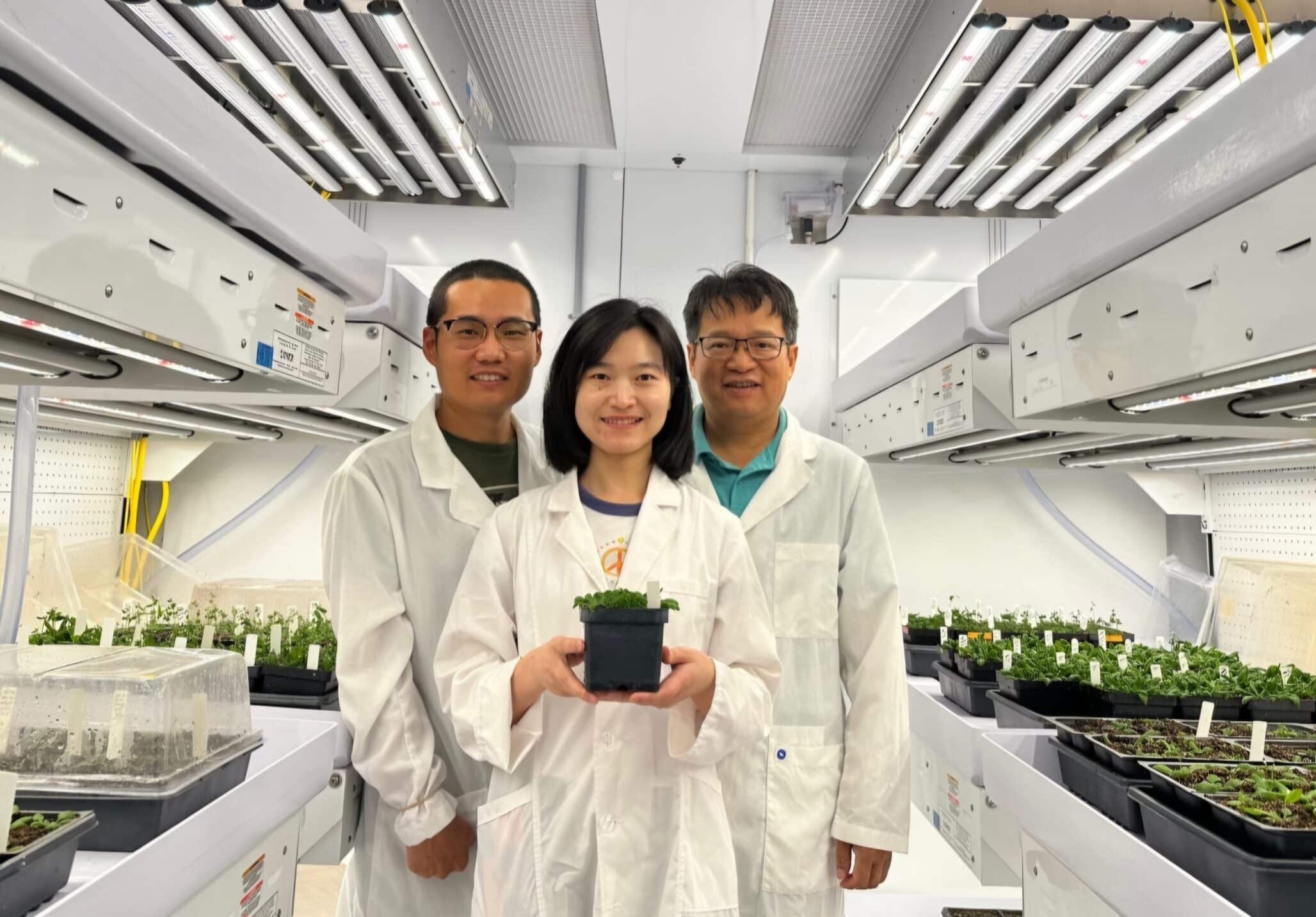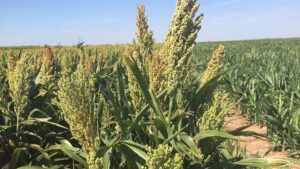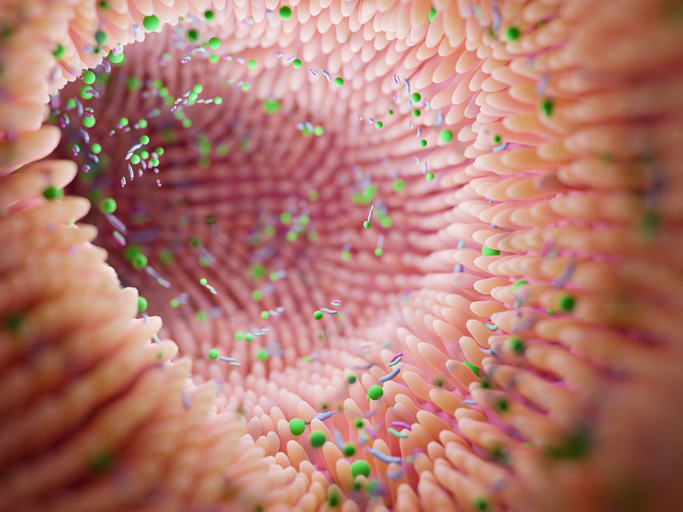Texas A&M AgriLife Research has announced a name change for Texas Foundation Seed Service to Texas A&M AgriLife Foundation Seed, effective immediately.
Since the 1950s, Texas A&M AgriLife Foundation Seed has operated as a self-supporting, nonprofit unit of AgriLife Research. AgriLife Foundation Seed acts as a liaison between AgriLife researchers and companies interested in licensing new plant varieties.
Texas A&M AgriLife Foundation Seed, in partnership with Intellectual Property & Commercialization, brings newly developed seeds and plants to the marketplace for farmers and gardeners through license agreements. Fees and royalties collected from the licensees are reinvested throughout AgriLife Research, resulting in increased financial support for AgriLife breeders.
Texas A&M AgriLife Foundation Seed also works closely with the Office of Corporate Engagement and Research Support in creating public/private partnerships that lead to sponsored research agreements and increased industry collaboration opportunities for AgriLife breeders.
“The new name, Texas A&M AgriLife Foundation Seed, strongly emphasizes our relationship with Texas A&M AgriLife Research and is consistent with Texas A&M AgriLife’s branding strategy,” says Patrick J. Stover, vice-chancellor of Texas A&M AgriLife, dean of the College of Agriculture and Life Sciences and director of Texas A&M AgriLife Research. “Our goal is to raise the profile of Texas A&M AgriLife Foundation Seed in the seed industry on the state, national and international stages. The new name will also provide a clearer message about the positive impact Texas A&M AgriLife has on farms, ranches, businesses and on the consumer’s dinner plate.”
Examples of seeds produced and processed at Texas A&M AgriLife Foundation Seed are those used for forage grasses and crops such as wheat, peanuts and sorghum. The organization also works with flowering plants produced via cuttings for the home gardener.
Plans in the works for 2020 include a new peanut sheller and cooperating with the U.S. Department of Agriculture’s National Resources Conservation Service to increase the availability of Texas native grass varieties.
The Texas A&M AgriLife Foundation Seed’s headquarters will remain just outside Vernon.













